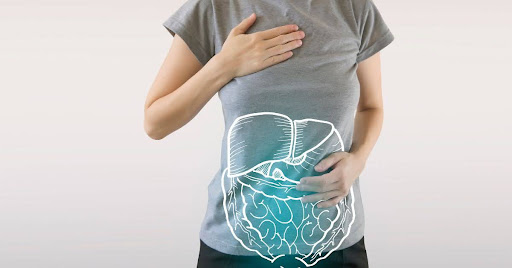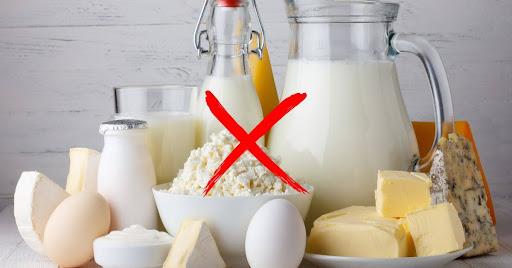How the Digestive System Works: A Complete Guide
2 min read
By DocGenie , Published on - 01 February 2025 The digestive system is one of the most important systems in the human body, responsible for breaking down food, absorbing nutrients, and eliminating waste. Understanding its function and maintaining a healthy digestive system is crucial for overall well-being.
The digestive system is one of the most important systems in the human body, responsible for breaking down food, absorbing nutrients, and eliminating waste. Understanding its function and maintaining a healthy digestive system is crucial for overall well-being.
What is the Digestive System?
 The digestive system is a group of organs that work together to process food and convert it into energy and essential nutrients. It plays a vital role in maintaining health by ensuring the body gets the necessary nourishment.
The digestive system is a group of organs that work together to process food and convert it into energy and essential nutrients. It plays a vital role in maintaining health by ensuring the body gets the necessary nourishment. What Does the Digestive System Do?
The digestive system performs the following key functions:
- Ingestion: The process of consuming food and liquids
- Digestion: Breaking down food into simpler substances
- Absorption: Transporting nutrients into the bloodstream
- Excretion: Eliminating undigested waste from the body
Parts of the Digestive System
 The digestive system consists of multiple organs, each with a specific function:
The digestive system consists of multiple organs, each with a specific function:- Mouth: Chews and mixes food with saliva to aid digestion.
- Esophagus: Transfers food from the mouth to the stomach.
- Stomach: Produces acids and enzymes to break down food.
- Small intestine: Absorbs nutrients from food.
- Large intestine: Absorbs water and forms waste.
- Liver: Produces bile to help digest fats.
- Pancreas: Releases digestive enzymes.
- Rectum and Anus: Expels waste from the body.
Bad Digestive System Symptoms
A poorly functioning digestive system can lead to several health issues. Some common symptoms include:
- Bloating and gas
- Acid reflux and heartburn
- Constipation or diarrhea
- Abdominal pain and cramps
- Nausea and vomiting
- Unexplained weight loss
If these symptoms persist, seeking medical advice is essential to rule out underlying conditions.
Digestion Improvement Home Remedies
Improving digestion naturally is possible with some lifestyle changes and home remedies. Here are some effective methods:
- Stay Hydrated: Drinking enough water aids digestion and prevents constipation.
- Eat Fiber-Rich Foods: Fruits, vegetables, and whole grains support a healthy gut, with the right balance of gut bacteria.
- Probiotics and Fermented Foods: Foods like Yogurt, Kaanji, and kefir help maintain gut health.
- Chew Food Properly: Breaking food down well reduces strain on the stomach.
- Regular Exercise: Physical activity helps digestion and bowel movements and is of benefit in symptoms like bloating & constipation
- Avoid Processed Foods: Processed and fatty foods can slow digestion eg biscuits, chips
- Herbal Remedies: Ginger, peppermint, and fennel tea can soothe digestive issues.
- Stress Management: Reducing stress through yoga or meditation benefits digestion.



